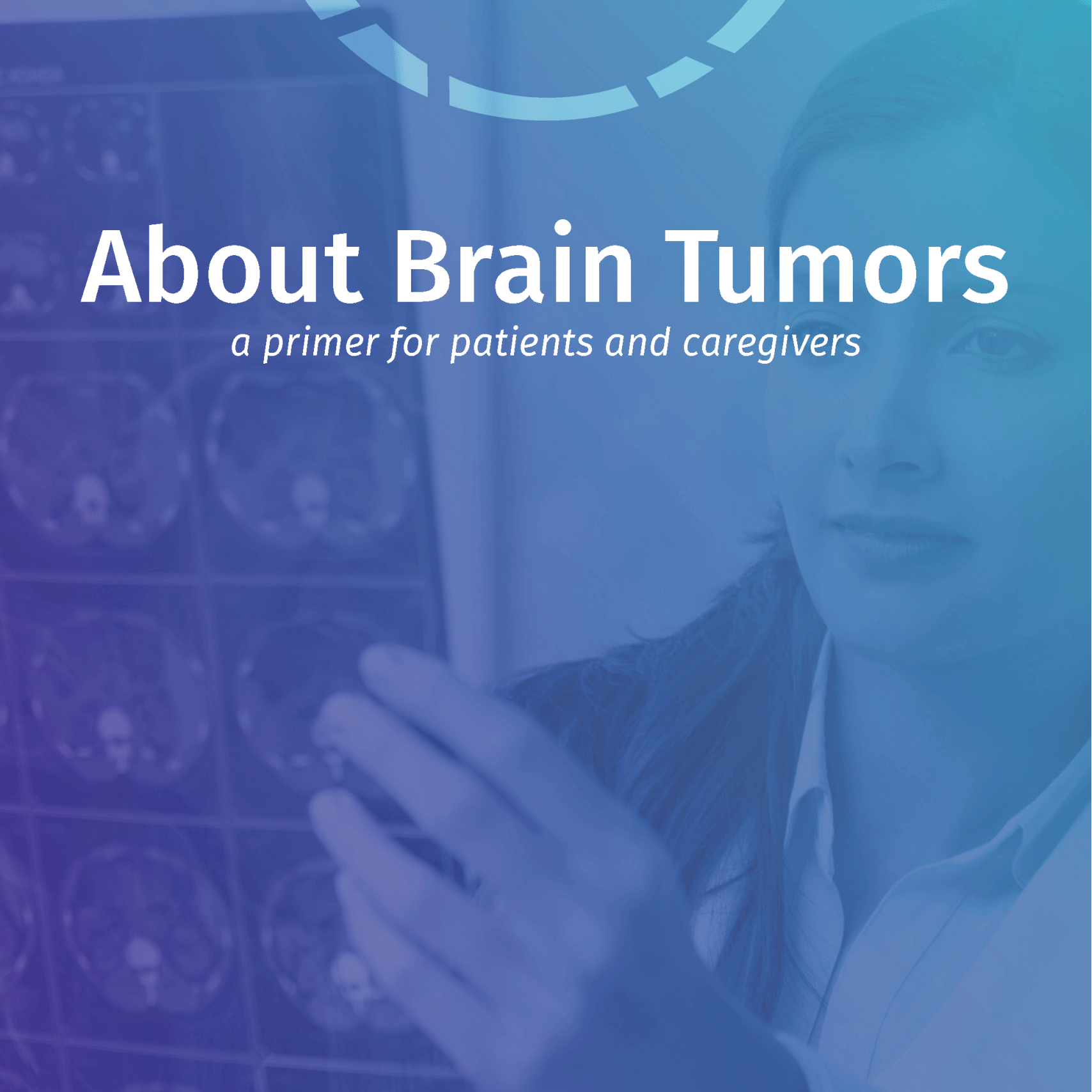Caregiving for a loved one with a brain tumor can be an incredibly challenging journey filled with emotions ranging from hope to frustration, often requiring caregivers to navigate difficult decisions, healthcare systems, and daily responsibilities.
At the 2024 ABTA National Conference, Dr. Kelcie D. Willis, PhD, Massachusetts General Hospital shed light on the unique struggles caregivers face and offered practical strategies to improve caregivers’ mental and emotional well-being. Dr. Willis, a clinical psychologist specializing in neuro-oncology, emphasized that this role often feels overwhelming and isolating.
Here are some key insights and actionable steps shared to help caregivers nurture their own well-being amidst their responsibilities.
Understanding the Unique Challenges of Brain Tumor Caregivers
Brain tumor caregiving presents unique challenges, especially as caregivers may need to adjust to significant behavioral or cognitive changes in their loved one. Many find themselves tackling complex tasks they’ve never faced, such as managing medications, arranging medical appointments, and even taking over daily responsibilities like finances.
They’re often balancing these tasks while working, raising children, or caring for elderly parents. As Dr. Willis described, this level of caregiving is both rare and demanding, often leading to stress and even physical health issues.
Key Statistics on Caregiver Health:
– 50% of caregivers report high anxiety levels that persist throughout the disease.
– 20-30% are prescribed antidepressants.
– Over 50% of caregivers report poor sleep quality.
– 70-80% face intense death anxiety, worrying about their loved one’s future.
Practical Strategies to Support Caregiver Well-being
Dr. Willis highlighted three essential strategies for caregivers to manage their well-being and alleviate some of the burdens they face.
1. Prioritize Basic Self-Care
Taking care of oneself while caregiving can feel like an impossible task. Dr. Willis encourages caregivers to adopt the “oxygen mask” analogy: just as one must put on their own mask on a plane before helping others, caregivers need to ensure their own well-being to be effective for their loved ones.
Simple actions—like getting enough sleep, eating regular meals, taking short walks, or engaging in mindfulness exercises—can provide the energy and emotional stability needed.
Self-Care Tips:
– Set small goals: Focus on attainable, small self-care activities rather than big, idealistic routines.
– Practice worry time: Allow yourself set periods to acknowledge your worries, then actively shift to calming thoughts.
– Use mantras for self-compassion: Remind yourself, “I am doing the best I can.”
2. Accept and Seek Support
Asking for help can be tough, especially for independent caregivers. Dr. Willis suggests caregivers list their needs—practical, emotional, or informational—and match each need with someone in their support network. Whether it’s asking for meals, a listening ear, or a little extra help with errands, caregivers benefit from clear and honest requests.
Sample Script for Asking Help:
– Describe the Situation: “I’m having trouble keeping up with everything.”
– Express the Impact: “It makes me feel overwhelmed.”
– Make a Specific Request: “Could you take my kids to soccer practice once a week?”
– Reinforce Appreciation: “Your help would really make a difference.”
3. Find Small Moments of Joy
Amidst the responsibilities and emotional challenges, finding moments of joy can provide relief. Instead of aiming for big, grandiose gestures or trips, Dr. Willis suggests focusing on small, achievable moments that bring joy and peace. For example, take a walk in a favorite park, or enjoy a peaceful morning coffee—these small joys can help shift focus from stress to presence.
Focus on What You Can Control:
– Identify aspects of your caregiving role within your control, like organizing medications or setting appointments.
– Accept areas outside of your control, such as the progression of the illness, to reduce feelings of helplessness.
Redefining Hope
One of the most touching aspects of Dr. Willis’s presentation was her emphasis on redefining hope. Caregivers often feel pressure to create a perfect life for their loved one, but Dr. Willis encouraged caregivers to find hope in the present, in each extra day together, or in small, meaningful interactions. Hope doesn’t have to mean a cure or a miraculous outcome—it can simply be the promise of one more shared moment.
Resources for Caregivers
The ABTA offers various resources, including a Caregiver Handbook, to guide caregivers through the challenges of supporting a loved one with a brain tumor. For more localized help, caregivers can reach out to organizations like the UCSF Neuro-Oncology Caregiver Program, which provides therapeutic and peer support, and connect with local social workers who can address emotional and practical needs.
For those looking to connect with a therapist, [PsychologyToday.com](http://PsychologyToday.com) can be a great resource. While it may be challenging to find brain tumor-specific support, professionals with experience in oncology can offer valuable insights and emotional support.
Final Thoughts
Caregivers play a crucial role in supporting brain tumor patients, yet they, too, need support and validation. The journey is not only about caring for someone else but also about finding a path to sustain one’s own health, happiness, and peace. Dr. Willis’s session serves as a reminder that caregivers are not alone, and with the right tools, they can create a more balanced life where both caregiver and patient can find moments of joy, hope, and strength. By taking these steps, caregivers can continue to show up for their loved ones in the most meaningful ways possible—while also nurturing their own well-being


























